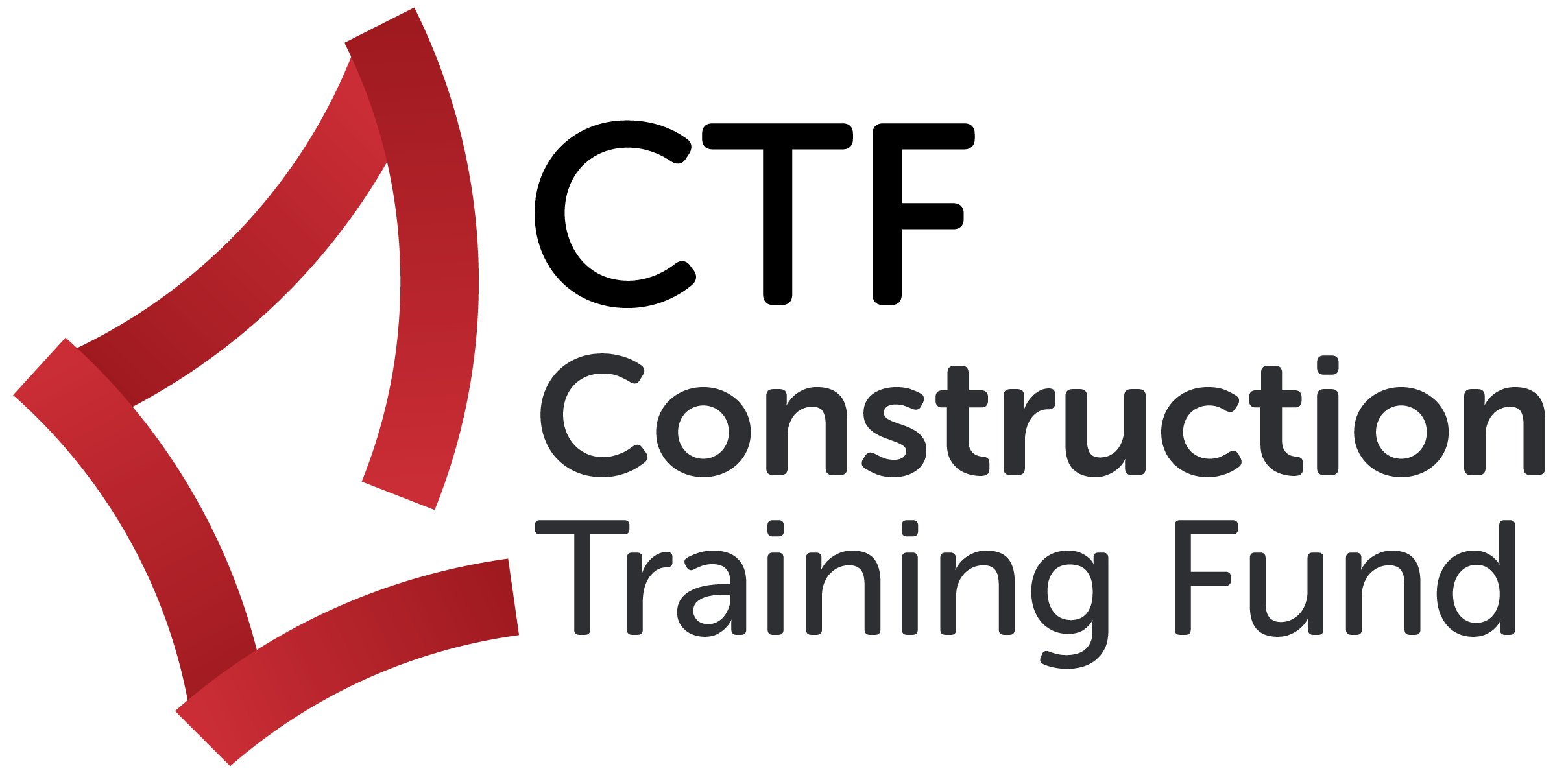Mental health is an increasingly important topic in Australia, and the construction industry is no exception. As research and communication continue to improve, the construction industry must prioritise its workers' mental health and well-being. Providing support for every worker in the industry is crucial in promoting a safe and healthy workplace.

What is creating mental health issues in the construction industry?
Mental health is a growing concern in Australia's construction industry. Construction workers often face high-pressure situations, dangerous work environments, and long working hours. These factors can significantly impact their mental health, leading to stress, anxiety, depression, and other mental health issues.
The causes of mental health issues in the construction industry are multifaceted. Long working hours and a high-pressure environment can lead to feelings of burnout and exhaustion. This can have a detrimental effect on mental health. Additionally, achieving a work/life balance can be difficult in the construction industry, with many companies working six days a week and long hours each day.
The nature of the work in construction can also be a contributing factor to mental health issues. Workers are often required to work in dangerous or high-risk environments, such as working at heights, operating heavy machinery, and working with hazardous materials. This can lead to anxiety and fear, especially for workers who have experienced accidents or near-misses.
Unfortunately, bullying and harassment can occur in any workplace, and the construction industry is no exception. Workplace bullying takes many forms, including verbal, physical, and emotional abuse. This can create a toxic work environment, leading to an individual’s decline in mental health.
How does mental health affect the construction industry?
Mental health affects every industry, but the issues can be more salient in construction with its dangerous equipment, physically demanding labour, and potentially hazardous workplace. For this reason, health and safety is one of the most obvious impacts mental health has on the industry.
Mental health encompasses emotional and psychological well-being – an internal battle that can isolate a person. This can lead to distraction while on the job site, increasing health risks for the individual and fellow workers.
In addition to the impact on worker health and safety, mental health issues can also significantly impact productivity. Workers experiencing mental health problems may struggle to stay focused or require more frequent breaks, which can slow the pace of work on the job site. This can lead to lower output, ultimately impacting the bottom line for construction companies.
Another significant impact of mental health issues on workers is increased absenteeism and turnover. Workers struggling with mental health problems may require more time off from work to seek treatment or attend appointments, leading to increased time away from work.
Finally, mental health issues can also significantly impact healthcare costs for the industry. Workers experiencing mental health problems may require more frequent medical attention or treatment, which can lead to increased healthcare costs for both the workers and their employers.
Overall, it is clear that mental health issues have a significant impact on workers and the construction industry as a whole. By promoting mental health and supporting workers who are struggling, the industry can help mitigate these negative impacts and create a healthier, more productive work environment.
What are the mental health services in the construction industry in Australia?
Several mental health services are available to construction workers; some are specific to the construction industry, and others are broad charities and support programs.
MATES
MATES is one of the most prevalent mental health organisations within the construction industry. This is partly because they have a sub-branch of the not-for-profit devoted to construction: MATES in Construction.
MATES in Construction
MATES in Construction is a non-profit organisation in Australia dedicated to reducing the rate of suicide and improving mental health support for workers in the construction industry. The organisation was founded in 2008 and has since implemented a range of programs and initiatives to promote mental health and well-being among construction workers. These initiatives include awareness and education campaigns, suicide prevention training, on-site support services, and a 24/7 helpline for workers in distress.
MATES in Construction also works closely with employers, unions, and other stakeholders in the construction industry to create a culture of openness and support around mental health issues. CTF is proud to be affiliated with and support MATES in Construction, which is doing so much to improve mental health services in the construction industry.
Read more about the sister programs: MATES in Mining and MATES in Energy.
Overall, MATES is dedicated to promoting mental health and preventing suicide in male-dominated industries by offering targeted programs and resources that address these workers' unique challenges and needs.
Other mental health services in the construction industry:
- Beyond Blue: A national mental health organisation that provides support services and resources for those experiencing mental health issues. They have a specific program to support those in the construction industry, providing information and resources to promote mental wellness.
- Heads Up: A website developed by Beyond Blue that provides resources and information to help promote mentally healthy workplaces, including in the construction industry.
- Bluehats: A program developed by the Australian Building and Construction Commission (ABCC) that trains union delegates and site managers to identify and address mental health issues on construction sites.
- OzHelp: Offers mental health and wellbeing services to workers in the construction, mining, and farming industries, including training and education programs, counselling, and support services.
- Black Dog Institute: A mental health organisation that conducts research and provides education and support services for those experiencing mental health issues. They offer specific programs for workers in high-stress industries, including the construction industry.
- Lifeline: A national crisis support service that helps those experiencing mental health issues, including those in the construction industry. They offer a 24/7 helpline and online chat services for workers who need immediate support.
These services play a crucial role in promoting mental wellness and supporting workers in the construction industry. Employers and workers are encouraged to access these services when needed and to prioritise mental health in the workplace.
How can the construction industry improve mental health support?
Improving mental health in the construction industry is a complex and ongoing process that requires participation from all levels and areas of the sector. There are many ways mental health support can be improved; pleasingly, much of this is building on an existing foundation.
Some possible improvements:
- Raise awareness: In recent times, mental health awareness has increased; however, further progress is needed. Employers can hold workshops, seminars, and training sessions to educate their workers about the signs and symptoms of mental health issues and how to seek help.
- Implement mental health programs: Companies in the construction industry can implement mental health programs that provide employees with support and resources to help them manage stress, anxiety, and other mental health issues. Such programs can include access to mental health professionals, employee assistance programs, online educational resources, and peer support groups.
- Address workplace factors: Managing workplace factors such as workload, work hours, and job security can help prevent mental health issues from developing. The industry can promote a positive work culture with regular breaks, flexibility in work hours, and adequate rest time between shifts.
- Promote work-life balance: The construction industry can promote work-life balance by providing flexible work arrangements such as job sharing, part-time work, and remote work (where possible). (Currently, many construction workers work six days a week.)
- Mitigate bullying and harassment: Stifling bullying and harassment in the workplace can also promote mental health outcomes. Policies that prohibit such behaviours and provide employees with the tools to report incidents safely and confidentially will benefit all workers.
- Foster a supportive workplace culture: Employers can foster a supportive workplace culture by encouraging workers to seek help when experiencing mental health issues. This can be achieved by providing resources such as an employee assistance program (EAP), access to counselling services, and encouraging open communication.
- Continuously improve and refine: Undertake the above points, but don’t stop there – continually monitor and assess performance and push for improvement.
Improving mental health awareness, programs, and understanding is a perpetual task but one that everyone in the industry is building upon. Implementing mental health programs, educating workers and employers, addressing workplace factors, promoting work-life balance, addressing bullying and harassment, fostering a positive work culture, and regularly monitoring and reviewing mental health programs are all critical steps towards achieving this goal.
We all struggle at times, and if you’re experiencing any issues, be sure to get in contact with MATES, or one of the other mental health providers listed above.
You can also learn more about Construction Training Fund’s work with MATES or chat with a team member directly.
Last modified on:

